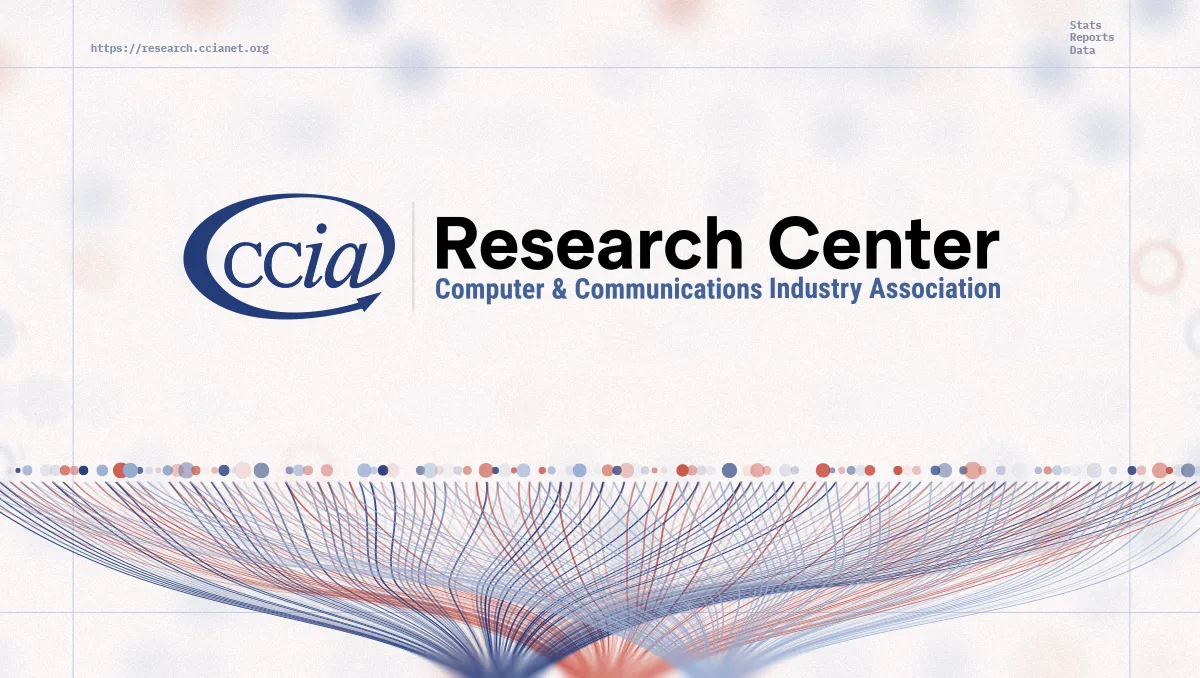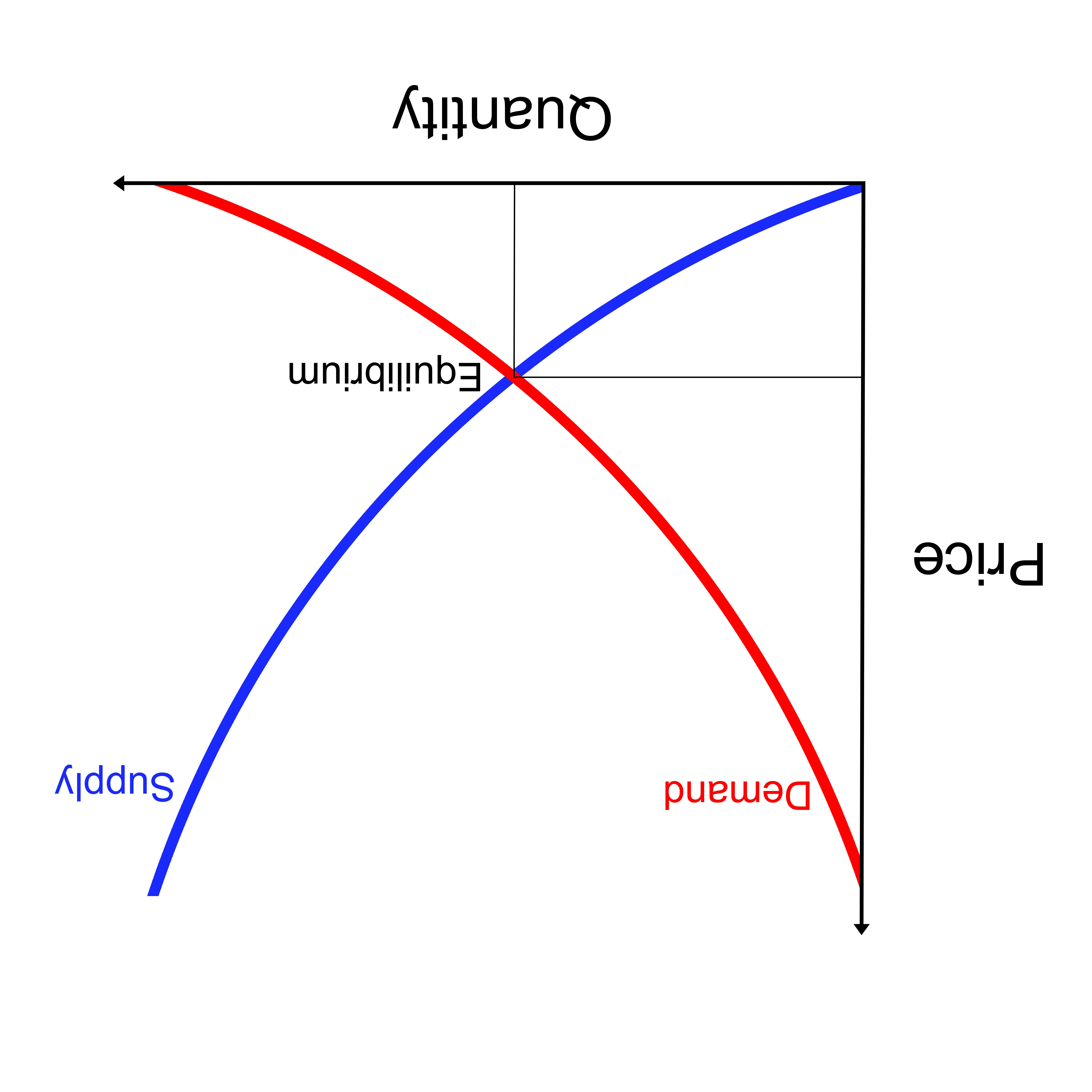“Creative Culture” Is Not Cause For Tech, Antitrust Break-Ups
Former music and film producer Jonathan Taplin, now director emeritus of the content industry’s Annenberg Innovation Lab, waxes poetic on faux antitrust policy in the continuing promotional tour for his book Move Fast and Break Things: How Facebook, Google and Amazon Cornered Culture and Undermined Democracy. Appearing in DC a few weeks ago, Taplin morphed a thin veneer of anti-Trump rhetoric and some self-selected statistics into this remarkable non sequitur: “Facebook, Google and Amazon have created powerful monopolies that now control the economic success of the journalism, music, video and book industries.” Taplin is way out of his element, merging two distinct issues into a superficial “#resistance” meme that contradicts the central tenets of U.S. antitrust law.
The headline of Taplin’s speech at that New America event in Washington — “Have Internet Giants Taken Over Creative Culture?” — is illuminating. Creative culture and antitrust bear no relation to one another. Taplin’s thesis that Internet platform providers are monopolies is factually inaccurate and devoid of real antitrust analysis. His call to break up these supposed “monopolies” is not only “spectacularly wrong,” it turns the political wars in America over “fake news” and the like on their head. In an odd juxtaposition, Taplin explained that because Google and other digital platforms have experienced unprecedented revenue growth over the past decade, while content creators witnessed a decrease in their own earnings, users should mount a “#resistance” to YouTube “for what it has done to the music business” and punish Facebook “for the election of Donald Trump.”
Taplin’s argument that Facebook, Google and Amazon are illegal monopolies since they have supposedly shifted revenues in entertainment and journalism from content to aggregators is an oxymoron. Taplin justified this claim almost solely on the basis that the business model of Google and other platform providers is “to maximize ads by taking all the money out of the news and creative business;” because a claimed 85 cents of every advertising dollar spent online goes to Google or Facebook, he says, “if that’s not a monopoly, nothing is.”
What a malapropism. As DisCo has covered before, a monopoly requires a single market and one dominant player. Thus, Taplin’s charge that Google and Facebook collectively control a large share of online advertising is inconsistent with his own conclusion. And as another commenter (Scott Rosenberg) amusingly put it, “one problem with today’s charges of monopolistic behavior is that there are so many monopolists this time around.” Indeed, what Taplin’s data on digital advertising show is the opposite of his assertion — no firm has a monopoly on Internet advertising. It also reveals Taplin’s irreconcilable combination of progressive politics and purported antitrust policy. Whether or not, as Taplin complained at New America, “Breitbart knew how to play the Facebook algorithms” during the 2016 presidential election, or what he terms Peter Thiel’s “PayPal Mafia” now runs “almost all of the companies in Silicon Valley,” are both irrelevant to antitrust.
The central point of antitrust law is to allow competitive market forces to allocate resources in the most efficient way. So basing his three-monopolies argument on the assertion that “money has been reallocated from the companies that created the content to the companies that operate the platforms” belies Taplin’s antitrust ignorance. That advertising dollars have moved from the New York Times and newspaper classifieds to Autotrader.com, Angie’s List and Internet advertising demonstrates that technology changes market outlines and facilitates new forms of competition for legacy firms. One reason for Taplin’s myopic focus on traditional content “creators” — which itself ignores the substantial entry-enhancing impact of digital technology on content (i.e., HuffPost, Politico, Ars Technica and of course Breitbart) — may be his role at Annenberg, which is funded largely by the legacy media companies Taplin’s thesis supports.
Worse, Taplin’s central premise is flatly wrong. Taplin believes that the rise of Google, Amazon and Facebook “is directly connected to the fall of the creative industries of our country. In the past decade, an enormous reallocation of revenue of perhaps $50 billion a year has taken place, with economic value moving from creators of content to owners of monopoly platforms.” That’s just incorrect. Money isn’t being reallocated away from the creative class; actually, more money is flowing directly to content creators on account of these platforms. As Michael Masnick’s Sky Is Rising report series reveals, we are today “living in a true renaissance period for content around the globe,” in which more content than ever before is being created, more people had access to more content, “more people are paying more money for content and the overall content industries are making more money than ever before.”
It’s just that the legacy gatekeepers of yore (at least the ones that are still in digital denial) are seeing diminished margins. For instance, legacy book publishers and retailers often criticize Amazon for destroying culture, but people read more books with Amazon, and Amazon gives 70% of the revenue from its self-publishing to authors, versus just 12.5% on average for traditional publishers. As Barry Eisler commented in The Guardian, these sorts of criticisms are “strange things to say about a company that sells more books than anyone” and that “single handedly created a market for digital books, now the greatest source of the legacy publishing industry’s profitability.”
Taplin’s aggressive book-tour conflation of Internet antitrust and left-leaning politics is paradoxical. Just last Sunday, Taplin told Britain’s The Guardian:
“I thought of it as a culture war,” he says. “But once I came to look into it I realised that it was really an economic war.”
The turning point in his research was last year’s American presidential campaign.
“I began to realise how much effect Facebook had on the news in terms of the number of people coming to it through Facebook. And I saw how malicious forces could play that open platform to push stuff that wasn’t even close to the truth.”
This juxtaposition of so-called “fake news” and the issue whether some large Internet players have gained monopoly power is plainly not backed by empirical data or reliable economic theory. The very public opposition to President Trump has been based on a rejection of the “alternative facts” the #Resistance ridicules. As a recent op-ed in The Hill on tax reform pointed out, it is “those committed to working with facts and evidence” who are manning the barricades of the #NotMyPresident movement. So it is revealing that Taplin’s underlying factual assumptions are as demonstrably false as his policy proposals are wrong-headed.
Given his artistic background, Taplin’s antitrust ignorance should perhaps be excused. It is startling, then, that Taplin has coupled his book tour with a New York Times op-ed arguing Google should be broken up on antitrust grounds because it is too big. His argument there is equally incorrect, because Internet search is plainly not the “natural monopoly” Taplin claims. Nor is his proffered alternative of regulation appropriate, especially given intermodal and potential competition: witness cable television, satellite radio, etc., for instance, in which initial natural monopoly paroxysms have been undermined, including by wireless, digital app and streaming alternatives.
The facts escape Taplin there as well. Internet platforms are not natural monopolies. Although some digital companies exhibit scale economies, they do not produce undifferentiated products and face relatively low costs of competitive entry. Thanks to cloud computing, open source technologies and declining IT capital costs, it is now 100 times cheaper to start a digital business than it was a decade ago. And the name of the game for Internet platforms is product differentiation. If digital platforms were natural monopolies, Google could not have dethroned Yahoo search, Myspace and Friendster would not have been surpassed by Facebook, and Amazon’s small business e-commerce platform would not have been bested by the start-up Shopify. Companies like Tinder wouldn’t stand a chance challenging incumbents if online markets exhibited natural monopoly characteristics. Because consumers can easily switch Internet products with the click of a mouse or a smartphone app, intense pressure exists to differentiate and innovate. The business models of digital platforms are drastically different from natural monopolies like electricity companies that produce a commodity.
Antitrust universally eschews picking winners and losers, but that is exactly what Taplin and his ilk seem to be asking competition authorities to do. Likewise, the challenges from today’s accelerating technological disruption are significant, yet they are social, political and cultural, unrelated to antitrust. Using resentment over the 2016 U.S. election results to advance content industry talking points dressed up like a monopolization argument is cynical. It would be better to stick with music and film, Jonathan!








